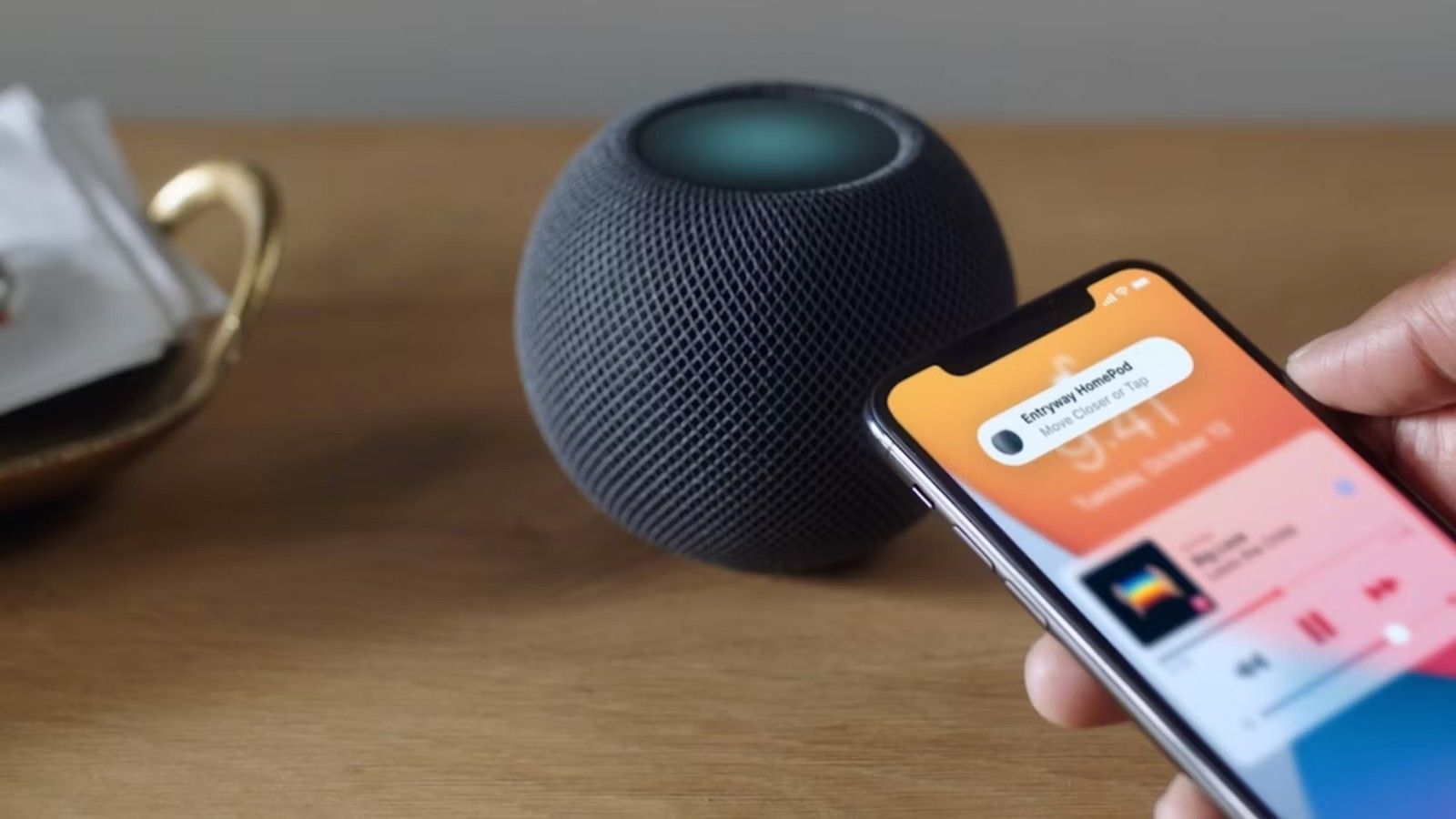In today’s digital age, voice control technology is becoming increasingly popular in households. Yet, as convenient as it is, it also poses certain home security risks. This article aims to shed light on these risks and how to manage them effectively.
As more people integrate voice-controlled devices into their homes, it’s crucial to understand the potential vulnerabilities. These devices, while offering incredible convenience, can also act as gateways for security breaches if not properly managed.

What is Voice Control?
Voice control refers to the technology that allows users to operate devices using spoken commands. This is widely used in smart home devices such as Amazon Alexa, Google Assistant, and Apple Siri. These devices can perform a wide range of tasks from playing music to controlling other smart home devices.
How Does Voice Control Work?
Voice-controlled devices use speech recognition technology to interpret and execute commands. The device’s microphone picks up the command, translates it into data that it can understand, and performs the requested action.
Benefits of Voice-Controlled Devices
One of the main advantages of voice-controlled devices is convenience. Users can control various functions in their home without needing to physically interact with the device. Additionally, these devices can help manage daily tasks more efficiently.
For more on the benefits of voice-controlled devices, check out this article on benefits of voice-controlled devices.
Home Security Risks Associated with Voice Control
Despite their benefits, voice-controlled devices can pose significant security risks. They can be vulnerable to hacking, eavesdropping, and unauthorized access. If not secured properly, these devices can serve as entry points for cybercriminals.
Potential for Eavesdropping
One of the most prominent risks is eavesdropping. Hackers can potentially access the microphone of your device, allowing them to listen in on your conversations. This can lead to a breach of privacy and unauthorized collection of personal information.
Unauthorized Access Risks
Devices with voice control can be susceptible to unauthorized access. Without proper security measures, anyone within voice range can potentially control the device, leading to security breaches.
Mitigating Voice Control Risks
To safeguard your home against these risks, it’s essential to implement strong security measures. Here are some tips to help manage and minimize risks:
Secure Your Network
Ensure that your home network is secure. Use strong, unique passwords for your Wi-Fi and change them regularly. Consider using a separate network for your smart home devices.
Update Device Software Regularly
Manufacturers frequently release software updates to patch security vulnerabilities. Make sure your devices are always running the latest software versions.
Use Voice Recognition Features
Many devices offer voice recognition features that can identify individual users. Enable these features to ensure that only authorized voices can control the device.
Future of Voice-Controlled Technology
The future of voice control technology is promising, with advancements continually being made in security and functionality. To learn more about the future of voice recognition technology, visit this external resource on the future of voice recognition technology.
Conclusion
While voice control technology offers many benefits, it’s essential to be aware of the potential home security risks. By understanding these risks and implementing the necessary security measures, you can enjoy the convenience of voice control without compromising your safety.

FAQs
Are all voice-controlled devices at risk?
Most voice-controlled devices have some level of risk, but the extent depends on the device’s security features and user practices.
How can I tell if my device is being hacked?
If you notice unusual activity or responses from your device, it could indicate unauthorized access. Regularly monitoring and updating your device can help prevent this.
Can voice control work without internet?
Most voice-controlled devices require an internet connection to function fully, but some basic commands might work offline.
This article contains affiliate links. We may earn a commission at no extra cost to you.






